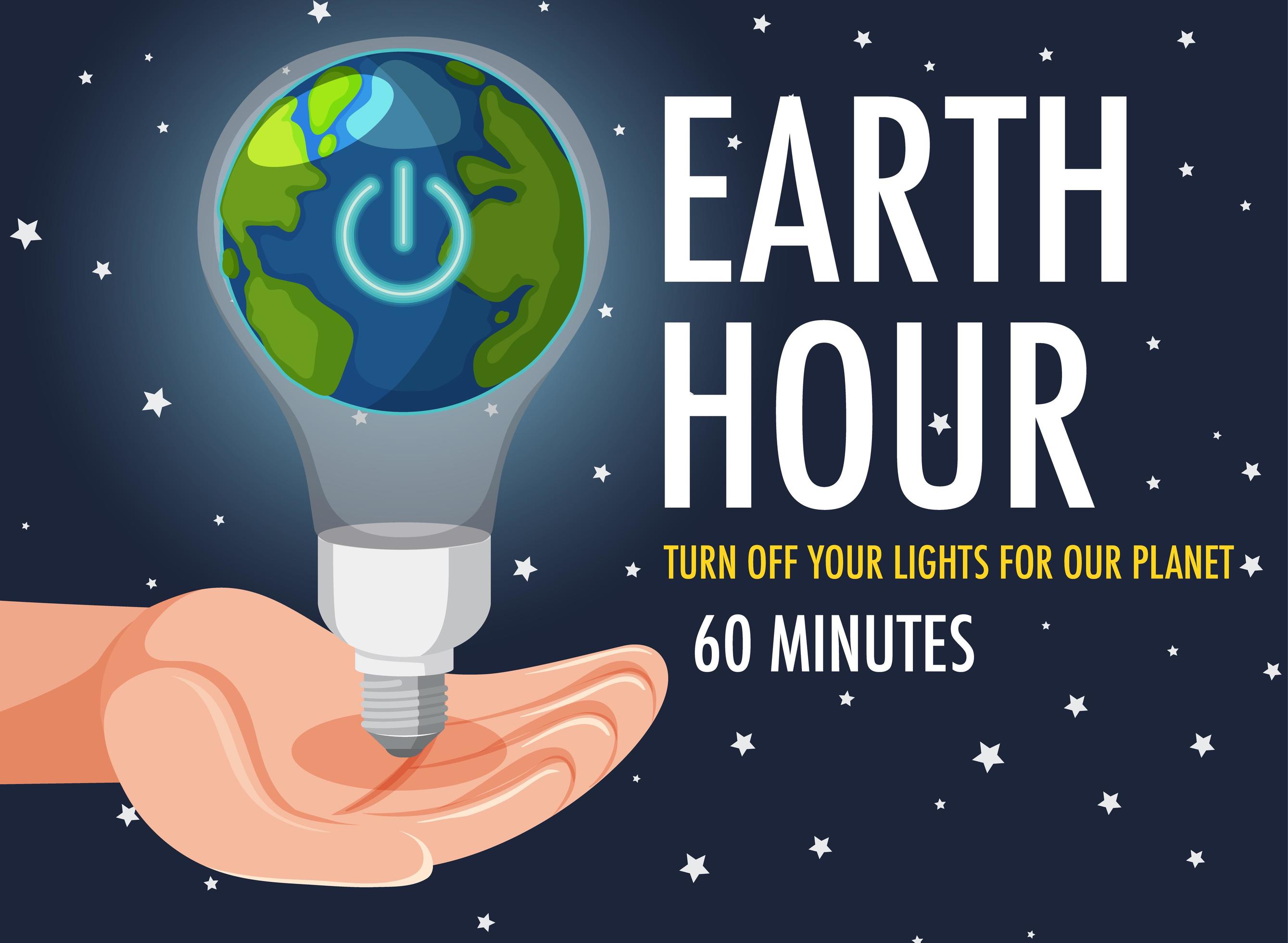The United Nations is urging individuals around the world to dim their lights for one hour tomorrow in a symbolic gesture of solidarity for the planet. Earth Hour, held annually on the last Saturday of March, aims to raise awareness about environmental challenges and inspire action towards a more sustainable future.
UN Secretary-General António Guterres emphasized the urgency of the situation in a video message. "On Earth Hour, millions of people around the world come together to illuminate the importance of protecting our planet," he stated. "This year, I urge everyone to join this powerful movement. The need for action has never been greater."
The Secretary-General highlighted the alarming state of the global climate, noting that recent years have seen record-breaking temperatures. He stressed that even small actions can make a significant difference.
"Earth Hour is a powerful reminder that every individual has the power to contribute to a healthier planet," Guterres said. "By turning off non-essential lights for one hour, we send a unified message to world leaders: We are committed to protecting the environment."
Earth Hour, a global initiative launched by the World Wildlife Fund (WWF) in 2007, has grown into a monumental movement. Last year, hundreds of millions of people across the globe participated, switching off lights in homes and businesses, and witnessing iconic landmarks like the Eiffel Tower and Sydney Opera House go dark.
This year's Earth Hour theme, "Make peace with nature," underscores the critical need for humanity to mend its relationship with the natural world. The UN emphasizes that a sustainable future is contingent upon a harmonious coexistence between humans and the planet.
Beyond the symbolic act of turning off lights, Earth Hour aims to inspire long-term environmental action. The WWF encourages individuals to explore sustainable practices in their daily lives, such as reducing energy consumption, conserving water, and making eco-conscious choices in their purchasing habits.
The movement also serves as a platform for advocacy. Earth Hour organizers urge participants to contact their local and national representatives, demanding stronger environmental policies and holding leaders accountable for climate action.
While Earth Hour offers a moment of reflection, it signifies a call to action that extends far beyond the one-hour timeframe. The UN emphasizes that the collective efforts of individuals, communities, and governments are essential to creating a more sustainable future for generations to come.

